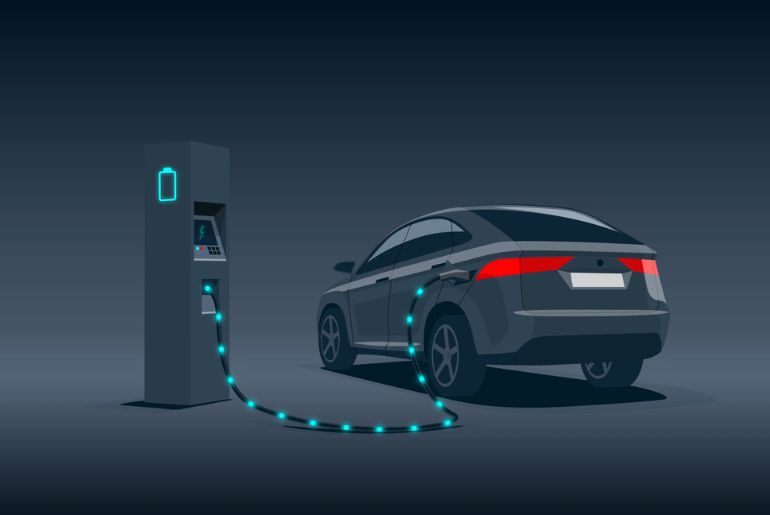Electric Car Market size was valued at USD 341.34 billion in 2022 and is poised to grow from USD 388.10 billion in 2023 to USD 1084 billion by 2031, growing at a CAGR of 13.7% during the forecast period (2024-2031).
Electric car market is accelerating expressively on the back of the automotive industry’s transition to electric vehicles. The present year as well as the upcoming years are expected to witness tipping point for increased adoption of electric cars that will propel automotive electrification trends in the near future.
The sales of electric cars are projected to keep rising in 2024 owing to increasing preference for greener vehicles. Though more electric cars that are battery-operated are still unsold at the dealers, the actual sales of EV numbers are comparatively stronger, thereby encouraging the manufacturers and dealers. There is a wide range of electric vehicles available at budget-friendly rates like under USD 40000 in the current year, which is also impacting the sales of e-cars positively, especially after adding the federal electric vehicle tax credit.
Despite some shoppers being priced out of the electric car market, the cost of electric passenger vehicles will continue to lessen for a few models due to innovations. This enhancement enables both reduced costs and extended battery ranges. Since the battery takes over nearly 40 of the overall cost, the future is expected to witness decreasing battery prices, which will significantly increase the sales of electric cars.
The emergence of electric cars has transformed the way of fueling cars, car owners can charge their cars at home or the charging stations. Most businesses having parking space are not planning to deploy the charging points and make the best use of the potential of the market. For instance, people can leave their cars anywhere like shopping malls, restaurants, convenience stores, or office buildings, and let them charge for a long time.
While charging the cars, people can spend nearly half an hour at the location in comparison with just five minutes at the petrol stations. The oil and gas companies are also another case of deep-pocketed establishments, and they are also augmenting EV charging, leveraging their already existing gas stations. One such example is Shell, a company that is utilizing the Energy Management platform and Driivz EV Charging to increase its placing of charging locations in Europe.


